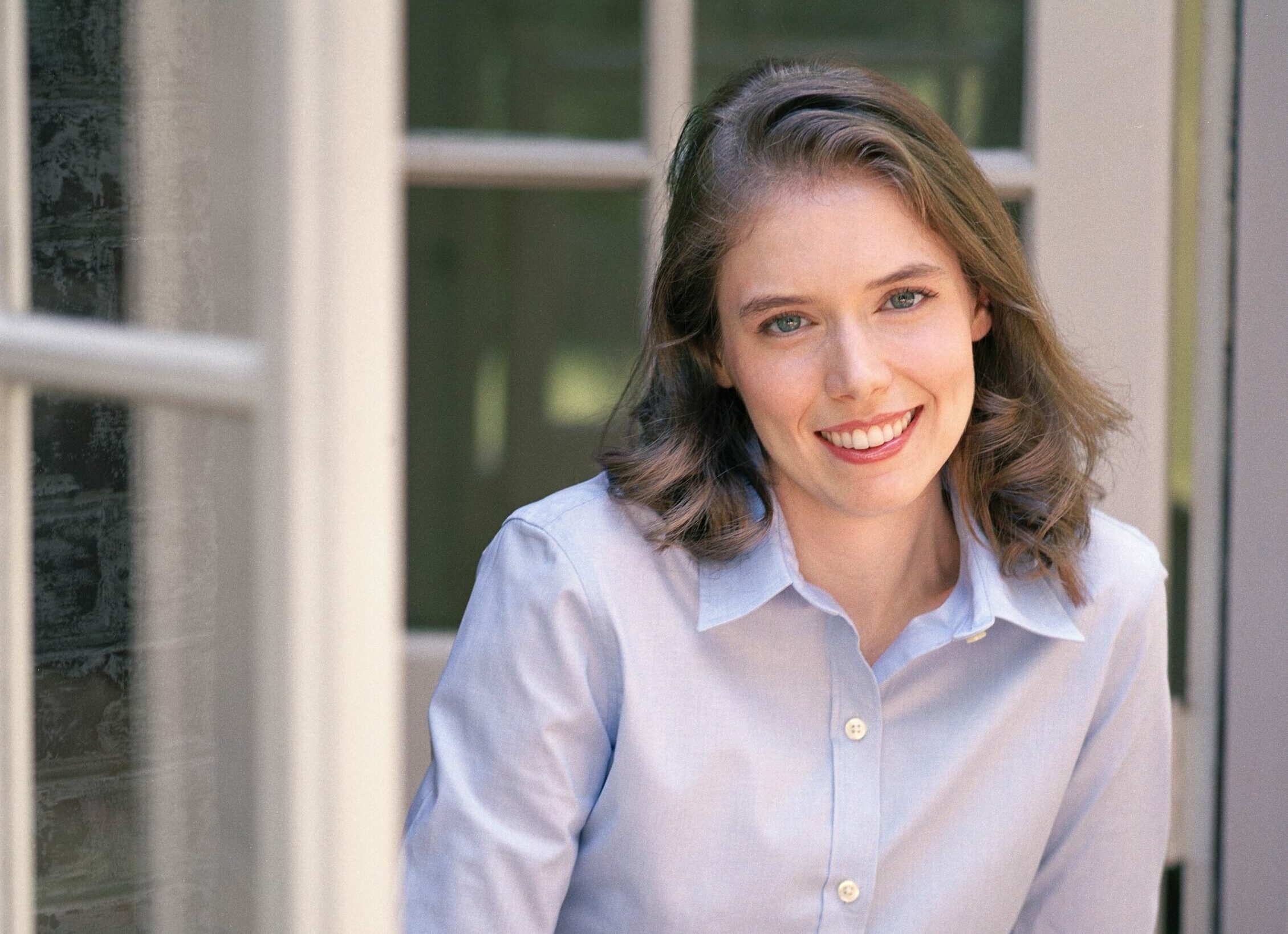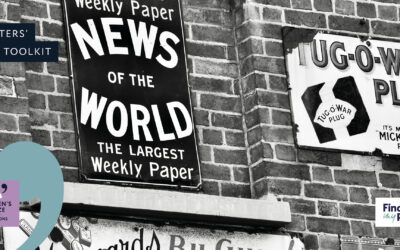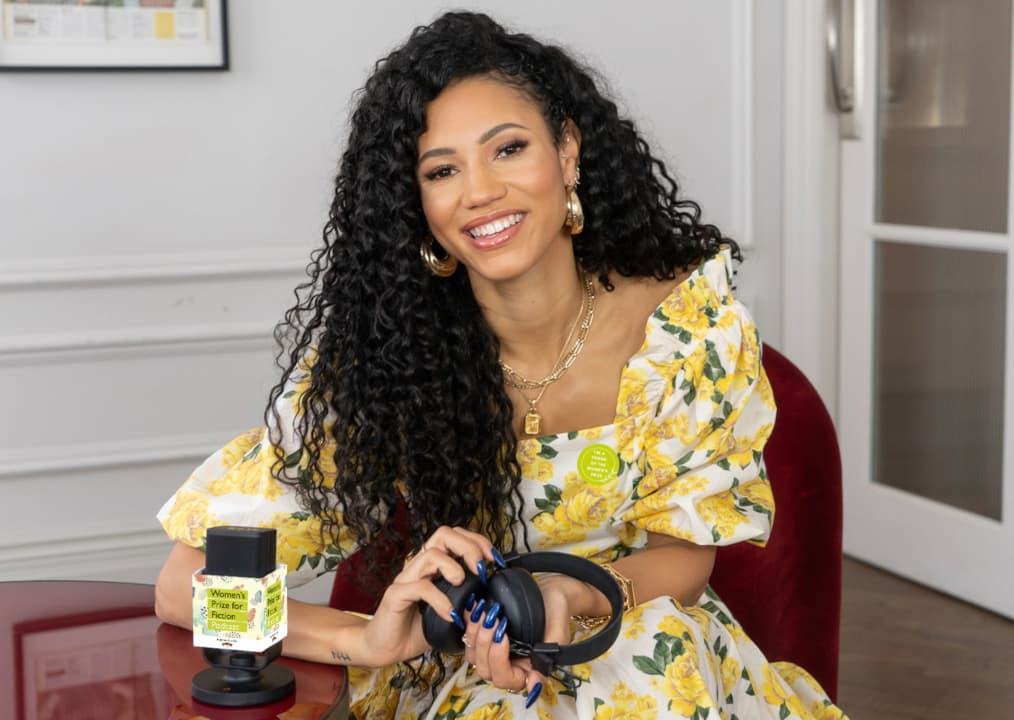
How to pitch your novel
Preparing to Pitch: The novelist salesperson “Can you summarise your novel in a sentence or two,” my marketer, Eloise asks,…


When Women’s Prize winner Madeline Miller joined us on the Women’s Prize for Fiction podcast recently to choose her five favourite books by women, she also treated us to some fascinating insights into her creative writing process. From stepping into the minds of her characters through ‘method’ writing to her brilliant reframing of ‘writer’s block’, Madeline’s writing advice is sure to offer inspiration – and reassurance – for writers at all stages. Read on to discover five writing tips from the bestselling author of Circe and The Song of Achilles – and make sure to listen to the full podcast episode to find out which books fire up Madeline’s imagination.
‘The writer Ann Patchett has said that sometimes she’s writing and sometimes she’s living – and sometimes I think I just have to live a little bit more, that my thoughts have to germinate a little bit more. So I never feel like I have writer’s block, I just feel like it isn’t done yet. That whatever I need to say is still doing something deep in the soil. And I’m not quite ready. And so when that happens, I just live, I still try to write but if I can’t, I can’t. And instead I try to read wonderful books and be with friends and family and broaden my world and learn about new things. And then come back, keep checking on those seeds that are germinating and see how they’re doing.’
‘My background is in theatre. I was a theatre director for many years, working with actors on how to get into character. Thinking about how you evoke characters through language, through tone, was really helpful in terms of how I think of my characters. And in a way I conceived of both my novels as monologues – that the character is telling their life story. And sometimes I even imagine them up there on a stage narrating it. And my friends joke that I’m a “method” writer, because I “put on” the character and I really try to see through their eyes and feel what they’re feeling. And oftentimes I write in a darkened room with a hood pulled over to kind of block out stimuli, because I’m trying to be in it. I want to be in the scene.’
‘None of my characters are based on anyone I know – that’s just not how I conceive of my characters – but I know that there are things in there that resonate. For example, take Circe: thankfully neither of my children are demigods, so they are not quite as challenging as Circe’s child, but that experience of walking with an infant who is screaming their head off and won’t go to sleep at 3am. When I was writing those scenes, I had viscerally experienced that recently. Circe is not me at all, but these experiences work their way in. I wrote this whole section about how she discovers her magic, and then I was reading back over it, and I was like, wow, this sounds a lot like my writing process.’
‘I went to a summer writing programme, which I would highly recommend for young writers – being around other writers, other people who are struggling with the same things you’re struggling with, as well as writers who have come through it. There would be lectures every night from published authors that I respected. Just being around all this talk about the craft of writing was really helpful. And I was able to go back to the novel and suddenly the first line of the novel came to me in a bolt of lightning as I was walking across the campus. And I ran back and typed up the first chapter pretty much as it stands now. And then it still took me five years to write the rest of it, but I had the voice. You never know when those breakthroughs are going to come.’
‘The main thing is to just keep writing and keep reading. And to be patient with yourself. One of the hardest things about writing, particularly when you’re starting out, is that it takes a lot of drafts for something to be good. You have to simultaneously believe 100% in what you’re working on and think it’s great. And also, at the same time, know that you are about 100 drafts from it actually being great. Holding those two ideas in your mind, at the same time, was really hard for me as a young writer. I would think it was great, and then I would have this crash of despair. I feel like after you’ve gone through that process a bunch of times you understand that both can be true, that something can be very promising and be totally not done yet. Have faith and keep sitting down with it. Keep working to improve it, keep reading great writers, and you’ll get there.’
We hope this provides plenty of encouragement to kickstart your Discoveries application. Dive into the Women’s Prize podcast archives for more reading and writing wisdom from guests including Malorie Blackman, Bernardine Evaristo and Maggie O’Farrell.

Preparing to Pitch: The novelist salesperson “Can you summarise your novel in a sentence or two,” my marketer, Eloise asks,…

Jacqueline Crooks’ debut novel Fire Rush was shortlisted for the Women’s Prize for Fiction and has been described by the…

Whatever your chosen non-fiction subject, the newspaper collection hosted by Findmypast, the inaugural sponsor of the Women’s Prize for Non-Fiction,…

When we’re in the middle of a project, it can be easy to forget the initial slog and the moment…
Tune into host Vick Hope and a line-up of incredible guests on our weekly podcast full of unmissable book recommendations.
